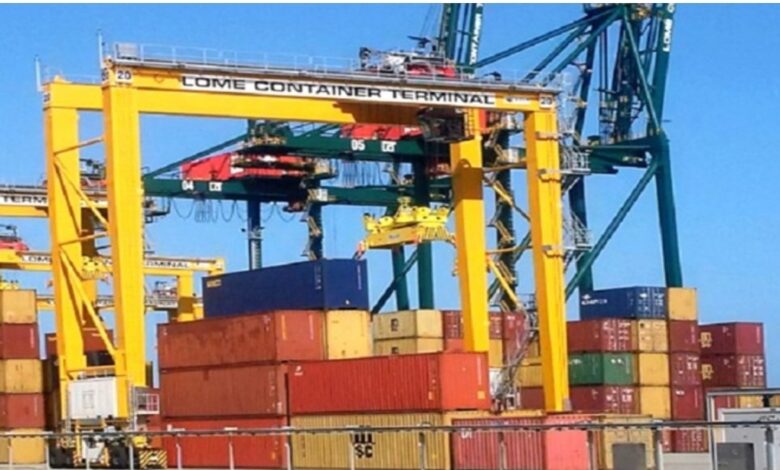Togo’s Biggest Container Terminal Port In West Africa To Tackle Sub-Regional Unemployment
A newly commissioned container terminal port at the Autonomous port of Lome, in Togo, will not only serve as a commercial gateway for many West African countries but will also provide many jobs to people.

The Togolese government, on Monday, Mar. 20, commissioned a Container Terminal (LCT) at the Autonomous Port of Lome, thereby increasing the Port’s capacity to receive and clear at least 2.2 million containers per year.
The new LCT, an addition to the existing Bolloré, has now ranked the West African country as the giant of deep water port terminals of the continent.
Built on a 53 hectares site, and a quay of 1,050 meters, the Togolese President, Faure
Gnassingbe said the new port terminal would not only provide jobs and reduce poverty for millions of people but also aims to be the gateway to Niger, Mali, Burkina Faso, and Northern Nigeria in terms of transnational trade relations.
The five countries have been directly and indirectly impacted by the years of armed conflicts, which are largely poverty-induced.
On Monday, the President of Niger, Mohamed Bazoum, joined his host counterpart, President Gnassingbe, at the Autonomous Port of Lome. They cut the tape to usher in the continent’s largest deep-water port terminal.
The deep-water port of Lomé was established in 1962 and has since grown to become one of the largest on the African continent, with two terminals (LCT and Bolloré).
Authorities at the Port said the new terminal is fitted with the latest equipment for handling containers. President Bazoum said he was delighted with the new facility, a PAL, especially for the “comparative advantages it presents for the economy of Niger Republic.”
But the new container port terminal may not ensure the needed bilateral business cooperation between the two African countries should they continue to ignore the existing diplomatic hiccups between them.
Togo hosts a dynamic diaspora community of Nigeriens who grouse about surly policies of the government.
The Nigerien citizens had, at a separate meeting attended by President Bazoum, in Lome, raised concerns on the security challenges along the Togo-Niger road corridor, the registration issue of non-national students at the University of Lomé, and restricted access to land titles by non-nationals living in Togo.
President Bazoum assured the diaspora community of his commitment to fostering better diplomatic ties with sister countries. He said his government has discussed with “the authorities of these countries our interests and the situation of our community.”
“We are already aware of your concerns, and for some, solutions are found,” he said.
President Bazoum announced at the meeting that his government would be hosting a transport ministers’ meeting in Niamey in the next ten days, where critical issues concerning the Niger-Togo corridor would be on the front burner of discussions.
Support Our Journalism
There are millions of ordinary people affected by conflict in Africa whose stories are missing in the mainstream media. HumAngle is determined to tell those challenging and under-reported stories, hoping that the people impacted by these conflicts will find the safety and security they deserve.
To ensure that we continue to provide public service coverage, we have a small favour to ask you. We want you to be part of our journalistic endeavour by contributing a token to us.
Your donation will further promote a robust, free, and independent media.
Donate HereStay Closer To The Stories That Matter




